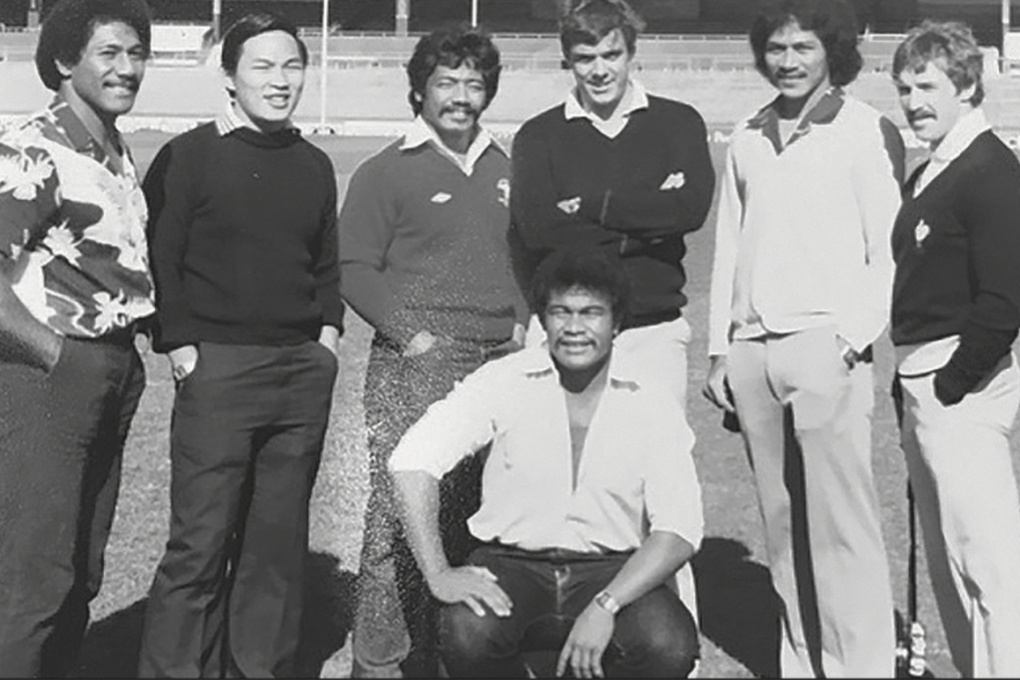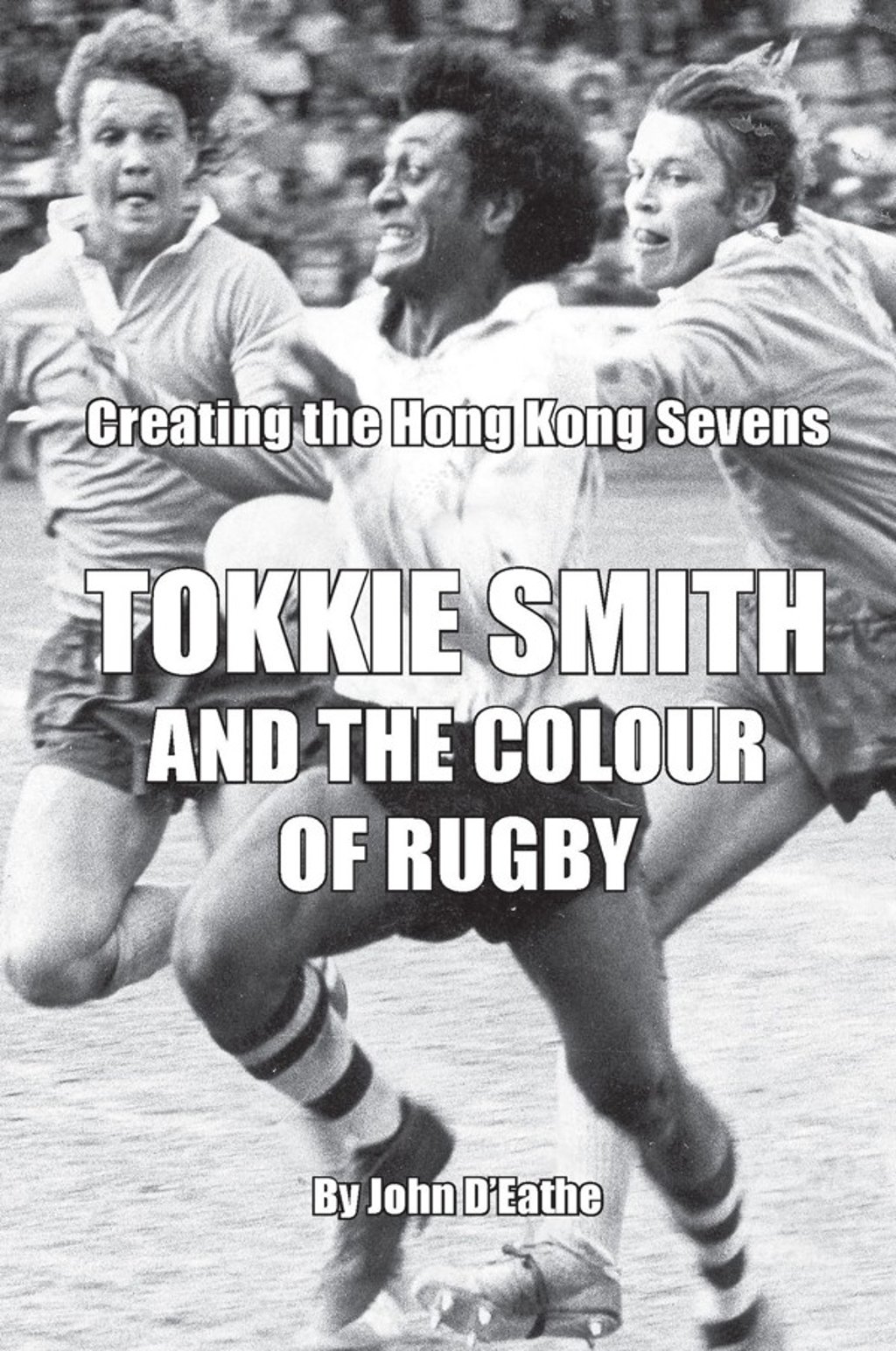Opinion | How an enlightened rogue helped create the Hong Kong Sevens and bring world rugby into the light
- A new book recounts the enormous debt Asian rugby owes to pioneer Tokkie Smith

“Rugby was traditionally the sport of the white imperialists and, at least in Hong Kong, Tokkie found things proceeding as normal,” writes John D’Eathe in his recently released book, Creating the Hong Kong Sevens – Tokkie Smith and The Colour Of Rugby. As one of the top management people at Hong Kong Land back in the ’60s, D’Eathe was a strategically embedded and integral part of the remarkable influence rugby held in the colonial corridors of power.
“The rugby elite in Hong Kong during that era were a quietly well placed group of very influential people protecting their outdated way of life as the sun set on the Empire,” D’Eathe wrote. Into this rarefied stratum wandered an irrepressible South African who had just relocated from England named Tokkie Smith. A rugby player of some renown, Smith quickly ingratiated himself with the powers that be and his associations with the sport would be the backbone of his life in Hong Kong, both socially and professionally, for the next 25 years.
“He was ahead of his time, he wanted to integrate rugby,” said D’Eathe from his home in West Vancouver. Thanks to its colonial roots, Hong Kong became a pioneer in Asian rugby culture and, in 1968, Smith and a few of the top people at the HKRFU banded together with a number of regional countries to form the Asian Rugby Football Union.
“It was the first union in the world that was multi-national,” D’Eathe recalled. “We had eight or nine different nations and they were all different colours, races and inclinations. But they played rugger together. In world rugby it was different, they were all white.” Not coincidentally, so was the Hong Kong team. It was a fact that gnawed at Smith, particularly as he led teams around the region to play indigenous sides in places like Japan, Vietnam and Thailand.

A few years later, the Rothmans tobacco firm was looking for a play in rugby when a rep approached Tokkie about doing an international event in Hong Kong. Tokkie countered by saying that it would work best as a seven-a-side competition, as opposed to traditional 15-a-side. Rothmans, however, was interested in the “big game.”
“As the discussions proceeded, Tokkie’s passion and arguments for sevens were winning the day,” D’Eathe wrote. “These were unpredictable games, great fun to watch and certainly crowd pleasers. And much easier to manage and cheaper to sponsor.”
